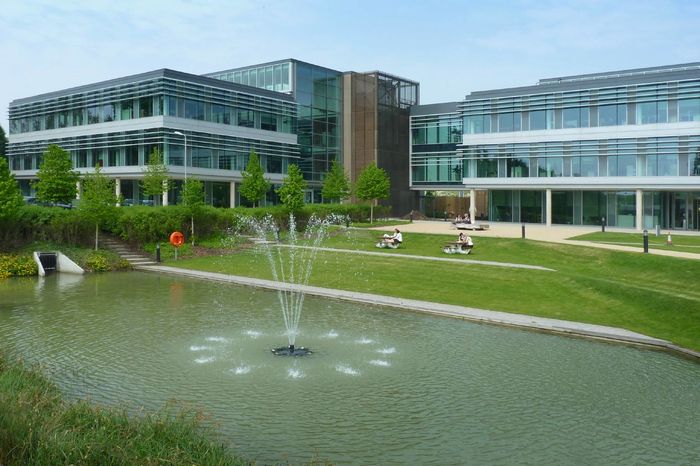Reducing plane clouds could help the planet, Cambridge study reveals
This new discovery could help reduce the impact of aviation on global warming by 40%

Cambridge University researchers have revealed that reducing aeroplane clouds could decrease the effect of aviation on global warming by 40%.
The clouds, which are generated when aeroplanes fly through notably cold and humid airspaces, act as a “blanket” in the sky, subsequently contributing to raised temperatures on earth.
The researchers discovered that one in 30 flight miles created these “persistent” clouds, and proposed that rerouting flight paths could avoid the airspaces responsible for generating the clouds.
Cambridge’s Whittle Laboratory produced a joint report with the Cambridge Institute for Sustainability Leadership, calling for the creation of international trials – “living labs” – to test their recommendations.
The report also set out four Sustainable Aviation Goals to be achieved by 2030 to help the sector reach net zero emissions by 2050.
Professor Rob Miller, Director of the Whittle Laboratory, said: “Aviation stands at a pivotal moment, much like the automotive industry in the late 2000s.”
“Our five-year plan is designed to accelerate this decision point in aviation, setting it on a path to achieve net zero by 2050,” he continued.
The report urged immediate implementation of the policies, otherwise “the opportunity for transformation could slip away,” with the aviation sector being projected to at least double its emissions by 2050.
Aviation accounts for 2-3% of global CO2 emissions, with this figure rising to 4% when also including non-CO2 climate impacts.
According to the report, despite ambitious pledges by governments and the aviation industry, the industry is still “significantly off course” its intention of achieving net zero by 2050.
However, Eliot Whittington, Executive Director at the Cambridge Institute for Sustainability Leadership, believes that “it is possible” to meet this goal.
“With focus and a step change in ambition from governments and business we can address the hurdles, unlock sustainable flying and in doing so build new industries and support wider economic change,” he added.











